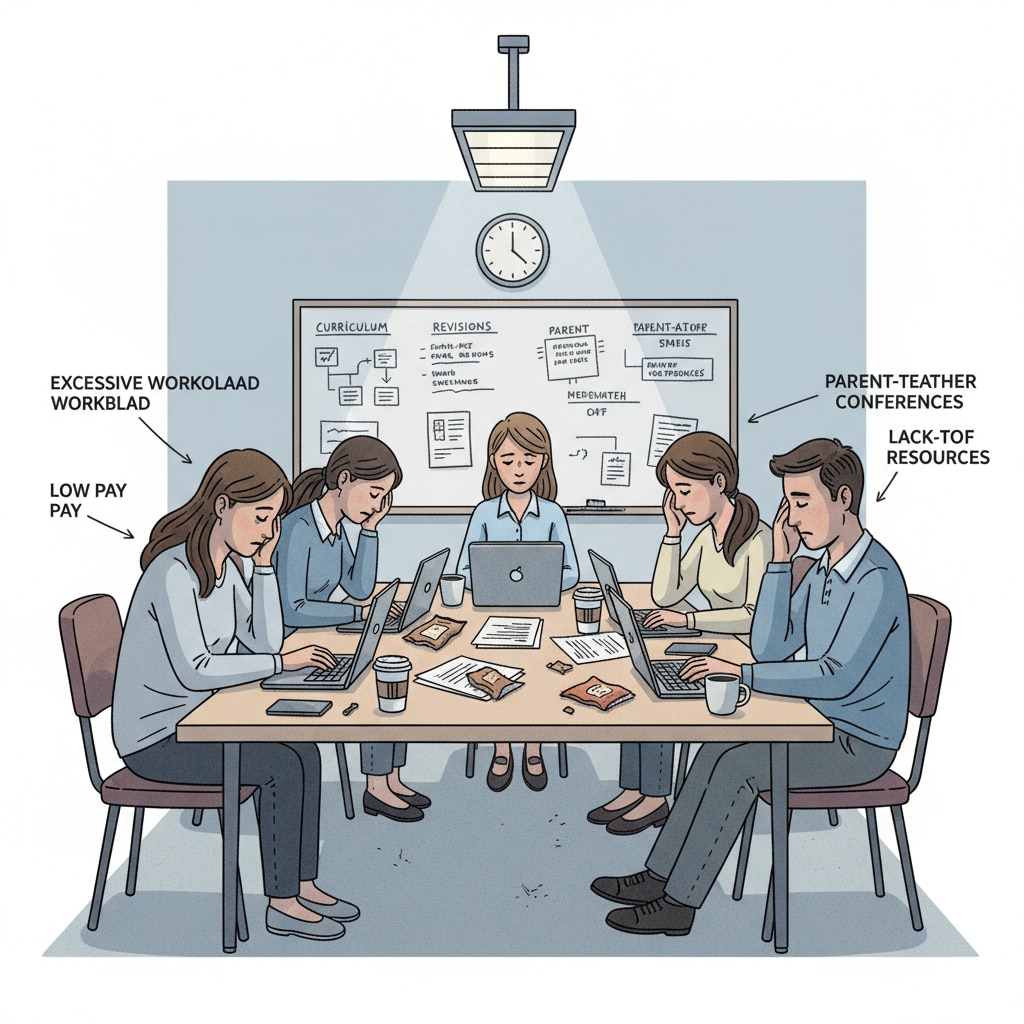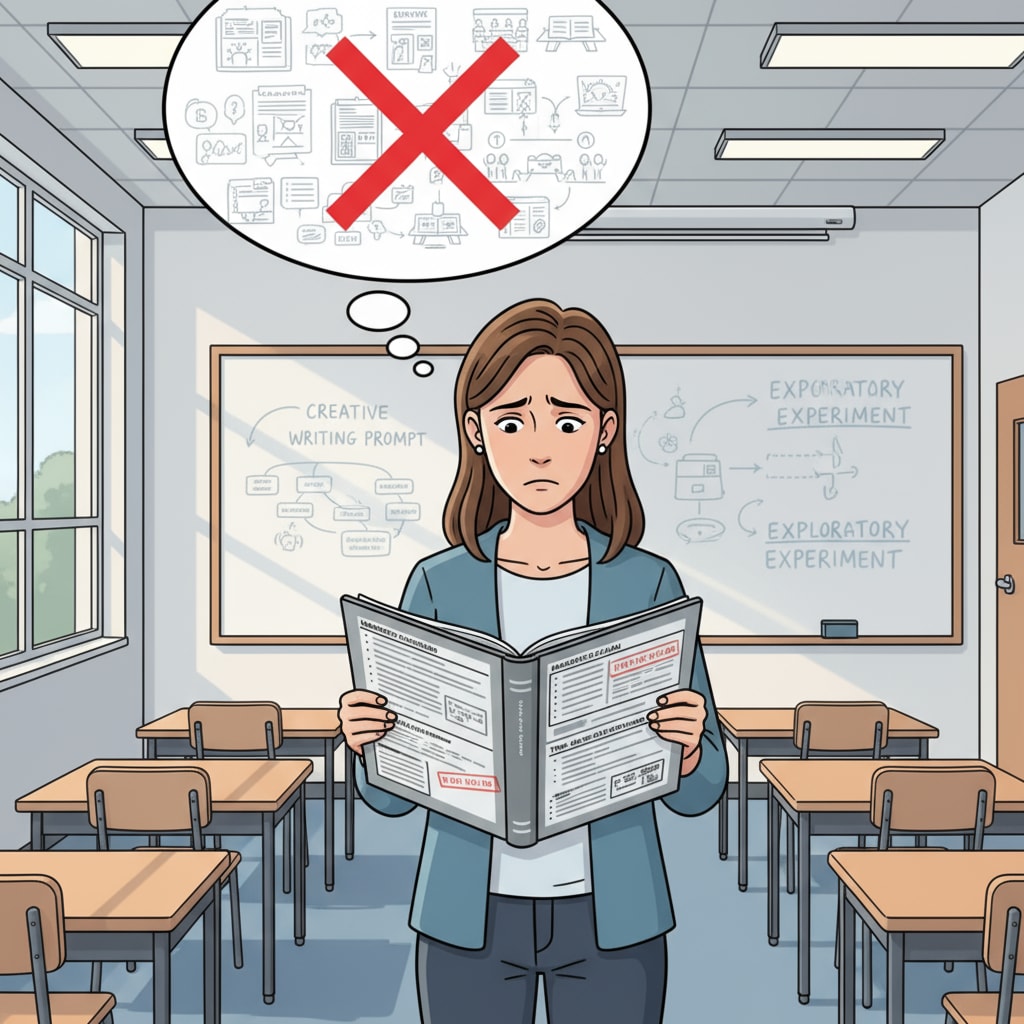Micro management, teaching autonomy, and work pressure are intertwined issues that K12 educators are grappling with in the modern education landscape. In the current system, educators often find themselves in a web of excessive control, which significantly impacts their ability to teach effectively and maintain their enthusiasm for the profession.

The Yoke of Micro Management
Micro management in K12 education often manifests in overly detailed lesson plans that are prescribed down to the minute. Teachers are expected to follow a rigid schedule, leaving little room for spontaneity or adaptation to students’ needs. For example, a teacher might be required to spend a specific number of minutes on each topic, regardless of whether the students are grasping the concept or need more time for discussion. This not only limits the teacher’s creativity but also fails to account for the diverse learning paces of students. According to The National Education Association, such micro management practices can lead to burnout among educators.

Eroding Teaching Autonomy
Teaching autonomy is a crucial aspect of a teacher’s professional identity. It allows educators to design and deliver lessons in a way that best suits their students. However, with the rise of micro management, this autonomy is being steadily eroded. Cumbersome record-keeping requirements are one of the main culprits. Teachers are now burdened with documenting every aspect of their teaching, from student progress to classroom activities. This not only takes up a significant amount of their time but also makes them feel like they are under constant surveillance. As a result, teachers may be less likely to take risks or try new teaching methods, fearing negative evaluations. TeachThought has reported on the negative impact of such practices on teaching innovation.
The frequency of meetings is another factor that contributes to the problem. K12 educators are often required to attend numerous meetings, which can be time-consuming and unproductive. These meetings may cover a wide range of topics, but they often lack clear direction or actionable outcomes. Instead of focusing on improving teaching and learning, teachers are forced to spend valuable time sitting in meetings, further adding to their workload. This constant interruption of their workday can disrupt their teaching rhythm and reduce their overall productivity.
Readability guidance: Micro management in K12 education is a complex issue with far-reaching consequences. By understanding the impact of micro management on teaching autonomy and work pressure, we can begin to explore solutions to create a more supportive and productive education environment for educators.


